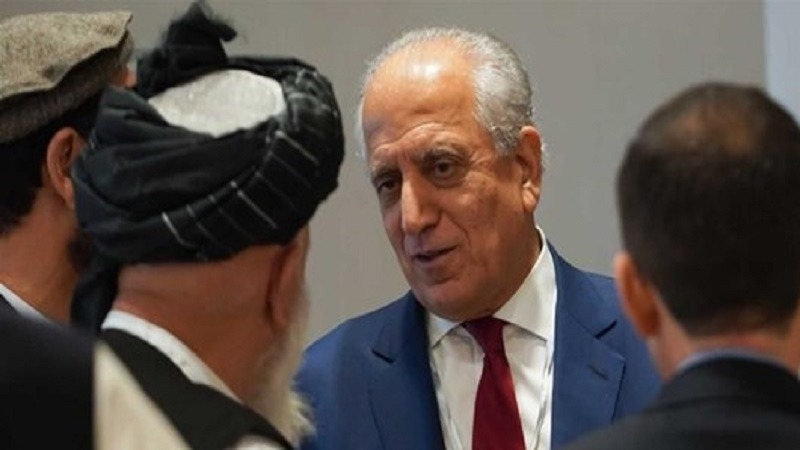The UN Security Council has adopted a draft Resolution 2513 in support of the US-Taliban peace deal and publicly acknowledged it.
The adoption of draft Resolution 2513 by all members of the Security Council, with a majority of 15 votes in favour and no vote against is a major victory for the Taliban. The Taliban have been under severe international actions for nearly two decades and many of its leaders have been sanctioned and prosecuted by the international community, but the resolution lifts all restrictions previously imposed on the group. From now on, the Taliban can play a role in the political, international and even economic spheres as a (non-terrorist) group recognized by the international system.
Regardless of the impacts of the resolution’s adoption on the position and weight of the Taliban in the regional equations, this note seeks to answer the question as to whether there were other legal mechanisms for recognizing the peace agreement. And why did the United States incorporate the UN Security Council resolution into the peace agreement with the Taliban, and what was the purpose of the US negotiators’ proposal for this mechanism?
The importance of a peace deal with the Taliban becomes important when we acknowledge that Trump has made no other tangible foreign policy achievement in the past four years, except for peace with the Taliban. So keeping that achievement for Trump ahead of the 2020 US presidential election was crucial, and Trump would take any action to maintain that accomplishment.
Trump had several options to legalize the peace deal with the Taliban. He was able to activate US domestic legal mechanisms instead of activating the UN Security Council mechanism by referring the text of the agreement to US legal authorities and bringing it up at the Congress and the House of Representatives and the Senate eventually sign it as the president to make it official law. Another way to ratify the agreement was to use the powers of the president and thereby legitimize the agreement and make it US domestic law. But Trump’s concern about revealing details of the talks and the possibility of US delegates’ opposition to the behind-the-scenes deal prompted Trump to incorporate the UN Security Council resolution into the text.
It should be acknowledged that the draft resolution in the UN Security Council was presented to the UNSC member states as a fait accompli. They were in fact forced to vote in favour of the resolution to avoid its negative consequences. By referring the text of the agreement to the Security Council, the United States used the capacity of other countries to reach an agreement it had signed with the Taliban alone, without the active role of other countries. Now with the Security Council resolution passed, Afghanistan’s neighbours with the veto power in the Security Council will have to pay for the US-Taliban agreement without playing a role in the deal.
By referring the Taliban peace case to the Security Council, Trump did not allow the House of Representatives, domestic opposition in the US system of government, and even his co-party opponents (such as John Bolton, who had previously prevented the signing of the Peace Agreement at Camp David) find out about the details of the negotiation process and the behind-the-scenes agreements.
It is important to note that the adoption of a Security Council resolution endorsing the US-led peace agreement with the Taliban means that the agreement is internationally recognized, but it has not yet become US domestic law and has no executive guarantees. This leaves the hands of the next US presidents to scrutinize the behaviour of the Taliban by buying time and reconsidering their decisions, if necessary, at a minimal cost.










0 Comments